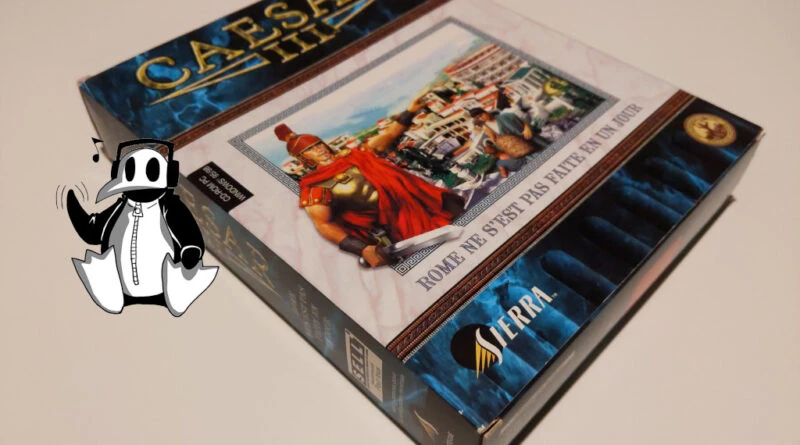Using free and open source engines to play retro games

Hey everyone. Klebs here and today, I’m going to talk about FOSS (free and open source) engines and why I think they’re worth using.
Last month, a group of people managed to build an engine that’s able to run Grand Theft Auto III and Vice City on other platforms like Linux, PS Vita, Wii U and even Switch. However, as soon as the news spread, Take-Two swiftly took action and had it removed with a DMCA takedown. Although I understand the rights holders were simply protecting their intellectual property, I think it’s a shame they didn’t reach out to the developers and let them work officially on the ports so they can release through the proper channels. Here are a few reasons why I believe we should use FOSS engines more often.
It shows the original developers and publishers that their games are still being sold
We often hear stories of developers expressing their desire to work on a sequel but couldn’t because publishers felt the game wasn’t successful enough. I’m aware digital stores like Steam and GOG sell retro games with some of them being playable on DOSBox and ScummVM. However, it’s a little more complicated with games for Windows 3.1, 95 or 98 and Wine doesn’t always work at 100%. When the community finds out about a new engine that can run these type of games, words go out, more people buy them to run on modern systems and in some cases, publishers decide to greenlight a sequel, a reboot or at least a remastered edition of these old games.
It allows gamers to view these games from a different angle
I have a physical copy of Caesar III that I used to play on Windows 98 back in the day. Now that I’ve switched Linux and since it’s harder to run old games on Windows 10 anyway, I’ve been using Wine until I discovered the Julius engine. Normally, I would’ve stopped right there and used Julius exclusively but then, I ran into another engine, Augustus. While Julius aimed for accuracy and an authentic vanilla experience, Augustus brought new gameplay elements which changed the overall feel and made me want to rediscover Caesar III as if it was a new game. The same thing goes for Duke Nukem 3D which offers a new experience with high-definition textures thanks to the EDuke32 engine.
It keeps these games alive
I love Wine and Proton because they allow me to play Windows games on Linux and because of them, I no longer use Windows in my personal life. However, they’re not perfect and just because one game works one day, that doesn’t necessarily mean it will the next. For example, if I’m not careful, a badly-timed update or a bad configuration can mess up the whole environment and make the game buggy or even unplayable. Moreover, Wine and Proton are designed to work on a wide range of games and software while an engine built from the ground up for one specific game will more likely to be stable in the long run.
Where can I find these FOSS engines?
I normally go to The Linux Games Book and enter “engine” in the search field. For games on Steam that use any launcher besides Proton, there’s Boxtron for games running DOSBox, Roberta for games running ScummVM and Luxtorpeda for other FOSS engines included in this list right here.
If you’re comfortable communicating in French and want to chat with other Linux gamers, join us at Linux Gaming Francophone.
Don’t hesitate to send me your questions and comments on Mastodon.
Also, if you like what I do and would like to support me, you can use this affiliate link if you plan to buy games, books or more on Humble Bundle.
Thanks for reading and I’ll talk to you soon. Laters.